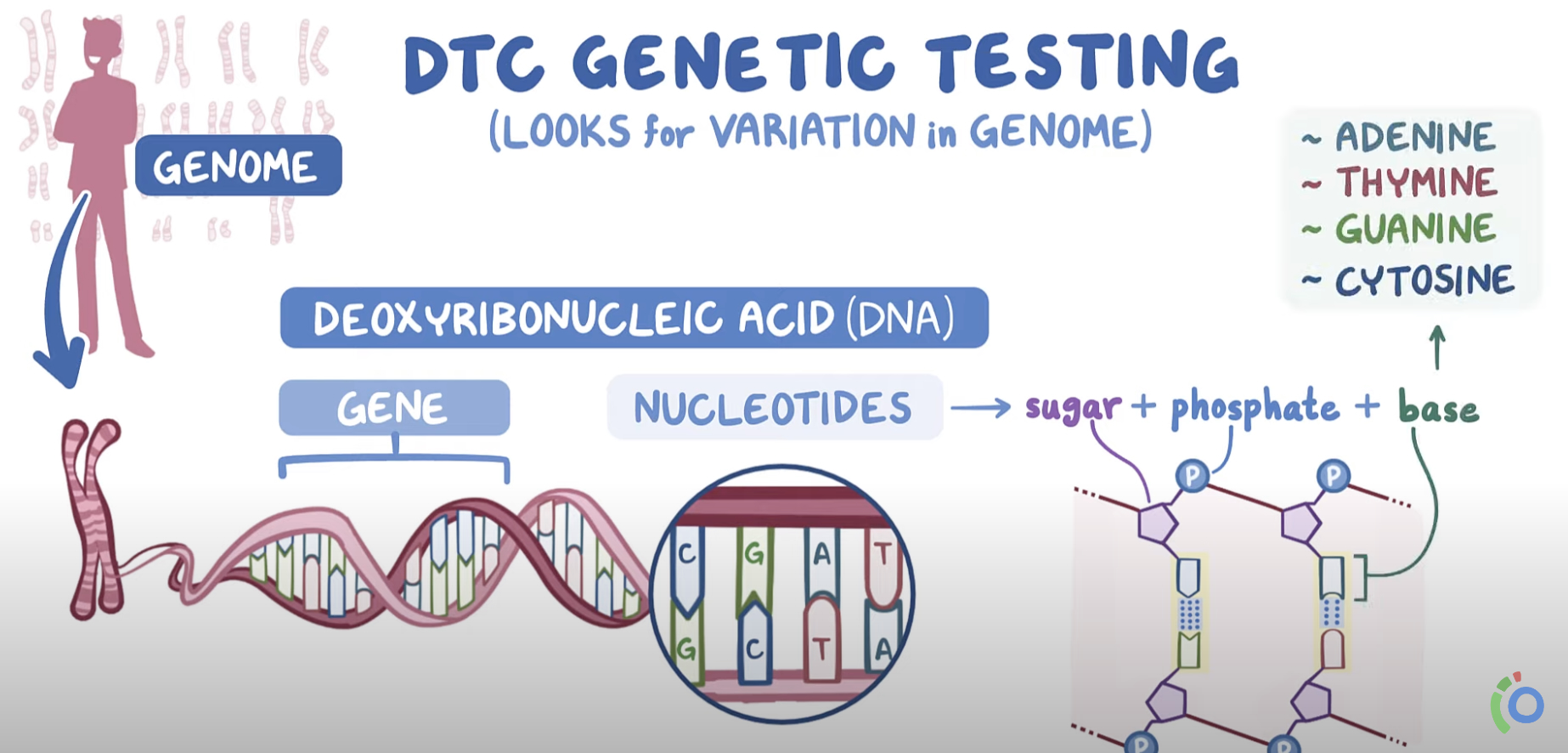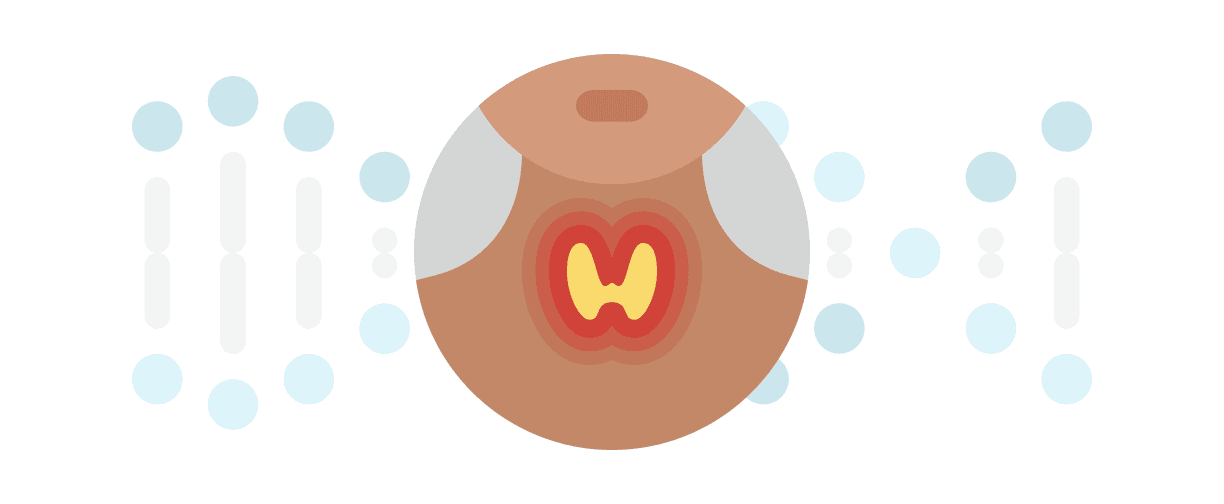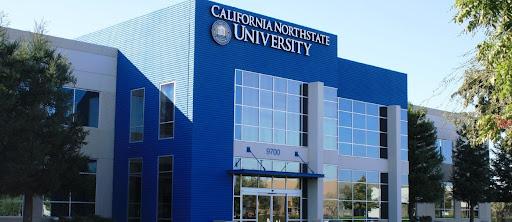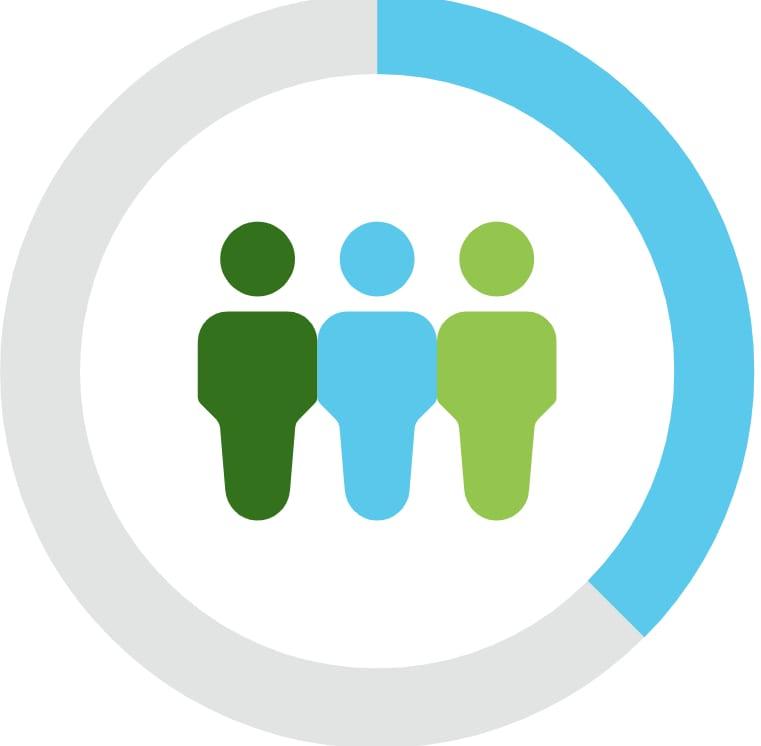23andMe is committed to helping doctors and other healthcare professionals keep up with evolving patient conversations around genetics. That is why 23andMe has collaborated with Osmosis, a leader in educational services for current and future clinicians, to create a series of micro-learning online videos.
As more and more consumers turn to genetic testing, physicians and other healthcare providers are increasingly being asked to interpret and discuss results. The first set of micro-learning videos include overviews of direct-to-consumer testing, privacy, and consumer choice, genetic variation and disease, and finally, interpreting results.
“This is meant to be an engaging and efficient resource for healthcare professionals,” said Anne Greb, MS, Certified Genetic Counselor, and 23andMe Medical Education Team lead. “The content in the videos is designed to address specific practice-based competencies that all physicians are expected to have in order to provide a standard of care to patients around genetic issues.”

Tools to Use
The new series comes as healthcare providers are increasingly handling questions from their patients about genetics and genetic testing. In turn, there’s much more interest from physicians looking to engage with their patients on the topic.
A recent survey by Medscape, commissioned by 23andMe, found that physicians are much more comfortable discussing DNA testing than they were just two years ago. About 60 percent of those surveyed said they were comfortable discussing DNA testing results with their patients, compared to just 24 percent who said so in 2018. That survey also found that about 39 percent of those surveyed felt comfortable interpreting their patients’ results. While the percentage was much higher than the 15 percent in 2018, it illustrated that there’s still room for improvement.
For several years now, 23andMe’s Medical Education team has engaged with physicians, nurses, genetic counselors, pharmacists, and other healthcare professionals to learn more about their needs and to explain the ins and outs of 23andMe’s reports. In those conversations, we’ve learned about the need for resources to inform and educate health care professionals about direct-to-consumer testing, the specifics about what can be learned through testing, and even general genetic concepts. Among the resources 23andMe has created are webinars, customer stories, educational videos on specific reports, such as 23andMe’s Genetic Health Risk Report on BRCA1/BRCA2 or our Carrier Status report on Sickle Cell Anemia, and much more.
Osmosis Collaboration
This latest series of videos was the work of Osmosis, a leading health education platform for clinicians and caregivers, to create even more resources. These first videos are aimed specifically at healthcare providers, but the videos are accessible enough that anyone interested in diving into these topics could benefit.
“Bringing this series to life was really rewarding. The level of comprehensiveness achieved is impressive,” says Pauline Rowsome, Illustration Lead at Osmosis’s Diffusion Studios. “From scripting, animating and voiceover, the major challenge was to cover the wide range of information provided in four short videos, all while still maintaining a great level of detail. I may be biased, but I think it turned out incredibly!”
Ryan Haynes and Shiv Gaglani started building Osmosis as medical students at Johns Hopkins. Outside of the classroom, they knew there had to be a better way to learn medicine more effectively. With Ryan’s PhD in neuroscience from Cambridge and Shiv’s MBA from Harvard, the two learning experts transformed the tool they created to help their classmates into a comprehensive platform that helps people around the world understand health more thoroughly. Their simple, clear, and concise approach to medical education learning appealed to 23andMe’s team and aligned with 23andMe’s broader mission to help people access, understand, and benefit from the human genome.



